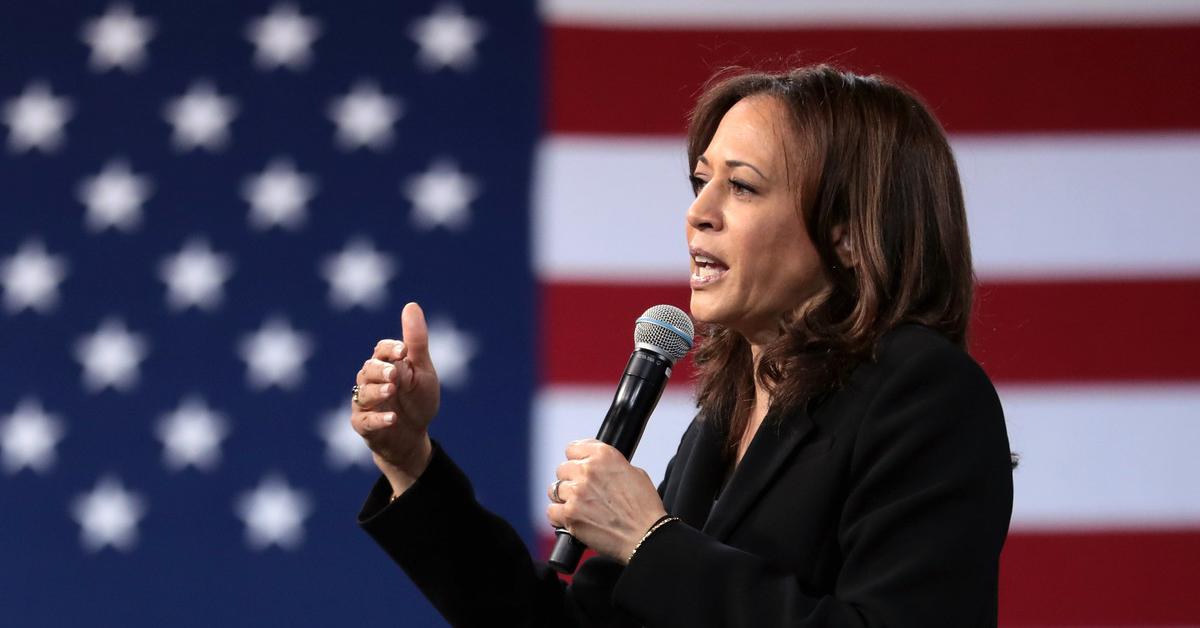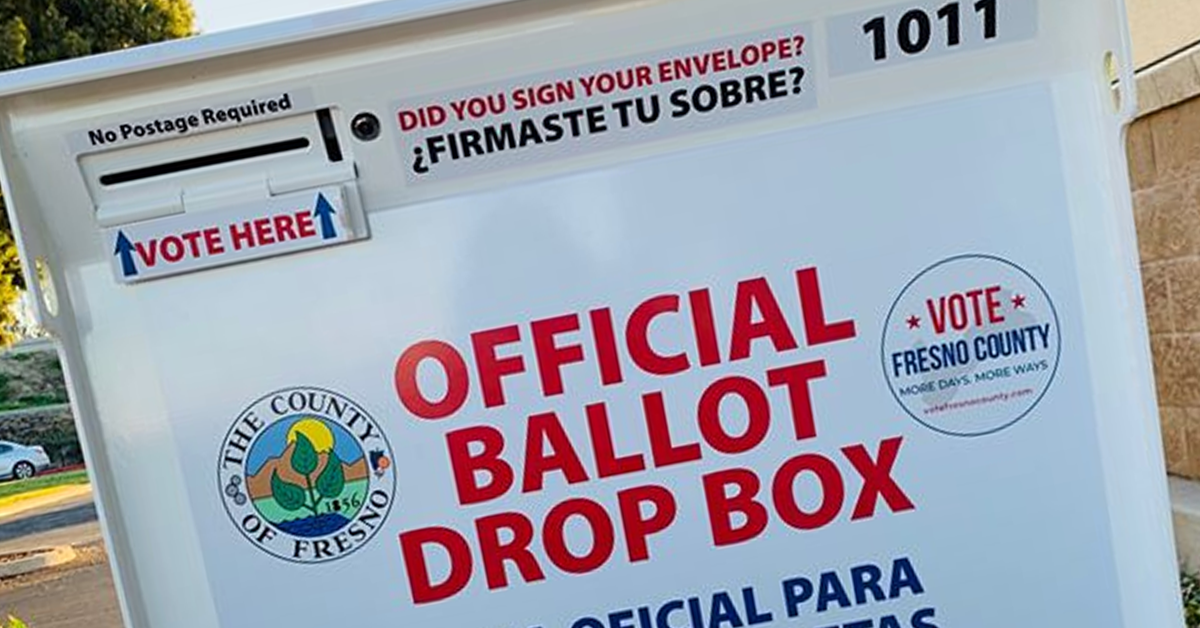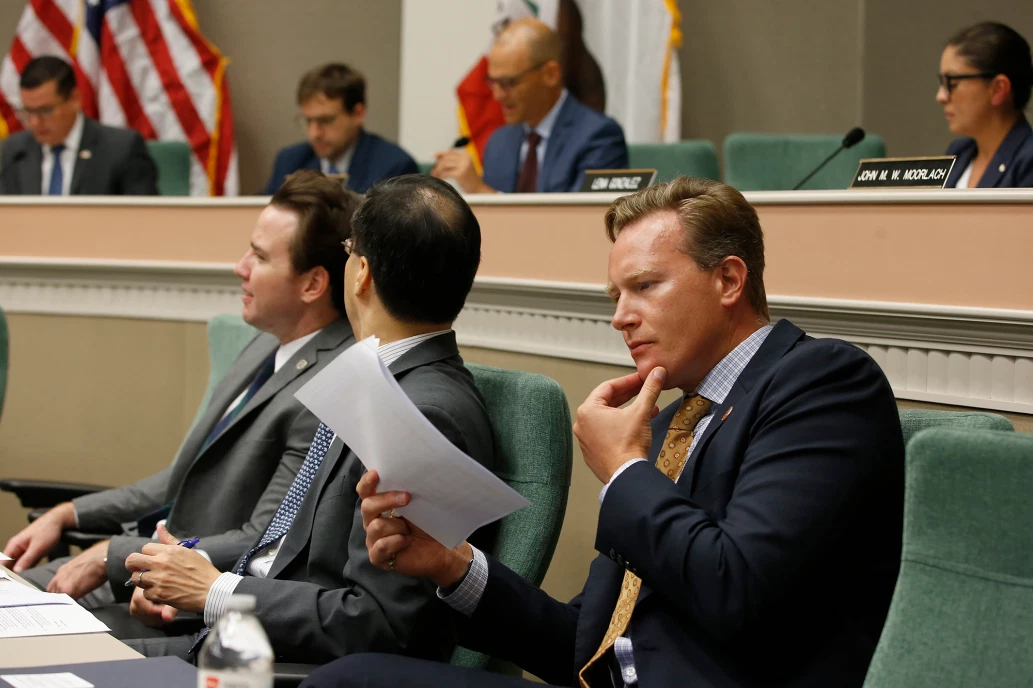Large hospital systems and Pharmacy Benefit Managers (PBMs) have been taking advantage of a federal program for far too long, netting billions for themselves while access to care for low-income patients dwindles.
The program, known as the 340B Drug Pricing Program, requires pharmaceutical companies to offer discounted prescription medications to eligible health care entities that provide care to the specified 340B population – low-income patients not eligible for Medicaid or Medicare. 340B, in theory, then enables these entities to share what they have saved on discounted prescription drugs with their specified patients through improved access to treatments, reduced cost for medicines, etc.; however, because the program lacks accountability requirements and Congressional oversight, savings are not making their way to patients.
340B worked as it should for many years, but in 2010, Congress passed legislation that significantly expanded the program. The legislation, which allowed large for-profit hospital systems to participate, did nothing to address the dire need for accountability. In trying to improve access for patients, the legislation also enabled hospitals to offer medications through numerous retail, or contract, pharmacies – most of which are owned by powerful PBMs or health insurance companies, such as CVS Caremark (Aetna), Optum Rx (UnitedHealthcare) and Express Scripts (Cigna). Turns out, this move was like putting the fox in charge of the hen house.
PBMs, originally created to administer prescription drug programs for health plans, now control 80% of the U.S. prescription drug market. According to a September 2022 report by the Center for Medicine in the Public Interest (CMPI), PBMs are among the most profitable corporations in the country and “there is an increasing understanding that these companies are anticompetitive monopolies out to pad their bottom lines rather than lower costs.” Not the highest praise for corporations allowed to participate in a program designed to make health care more affordable for low-income patients.
In what shouldn’t come as a surprise, increased hospital and PBM access to the 340B program demonstrated the profit-seeking motives noted by CMPI. In the decade following expansion, use of the program increased by 4228%, but instead of improving patient access and affordability, large 340B hospitals and PBMs have used the program to get rich, buying 340B discounted medications in bulk, then billing insurers for the full price of the prescription and pocketing the profit.
One analysis estimates that in 2021 alone, PBM-controlled pharmacies drained $2.58 billion in 340B savings meant for patients. And, according to a historical trend analysis conducted by the Berkeley Research Group, 340B hospitals and their pharmacies are forecasted to see a whopping $10 billion in profits from the program in 2022 alone.
Patients, clearly, have not fared as well under this arrangement as the corporations have, experiencing less access to the medications they need. Between 2011 and 2019, contract pharmacies located in low-income neighborhoods declined by 5.6% but increased by 5% in the highest income neighborhoods. And, a 2021 analysis found that only 38% of “safety net” hospitals and 26% of contract pharmacies are in medically underserved areas. The New York Times even reported that one of the largest 340B non-profit hospital chains in the country slashed funding from one clinic in a small, predominately Black neighborhood in favor of a larger hospital in a more affluent, white neighborhood. As a result, Richmond Mayor Levar Stoney recently sent a letter to Secretary Becerra urging his agency investigate the unintended consequences of 340B.
The U.S. Government Accountability Office, Congress, and many in the health care community have called for increased oversight of 340B to rein in the abuses, yet nothing has been done. Considering the massive expansion of the program and billions being made by hospitals and PBMs – all while low income access to 340B pharmacies shrinks and evidence of increased care is severely lacking, and millions continue to be economically stressed as a result of the pandemic and are suffering health care challenges to manage their care – the federal government should immediately step in to monitor the program, add transparency and accountability measures, and weed out bad actors to ensure patients are being served as intended.











